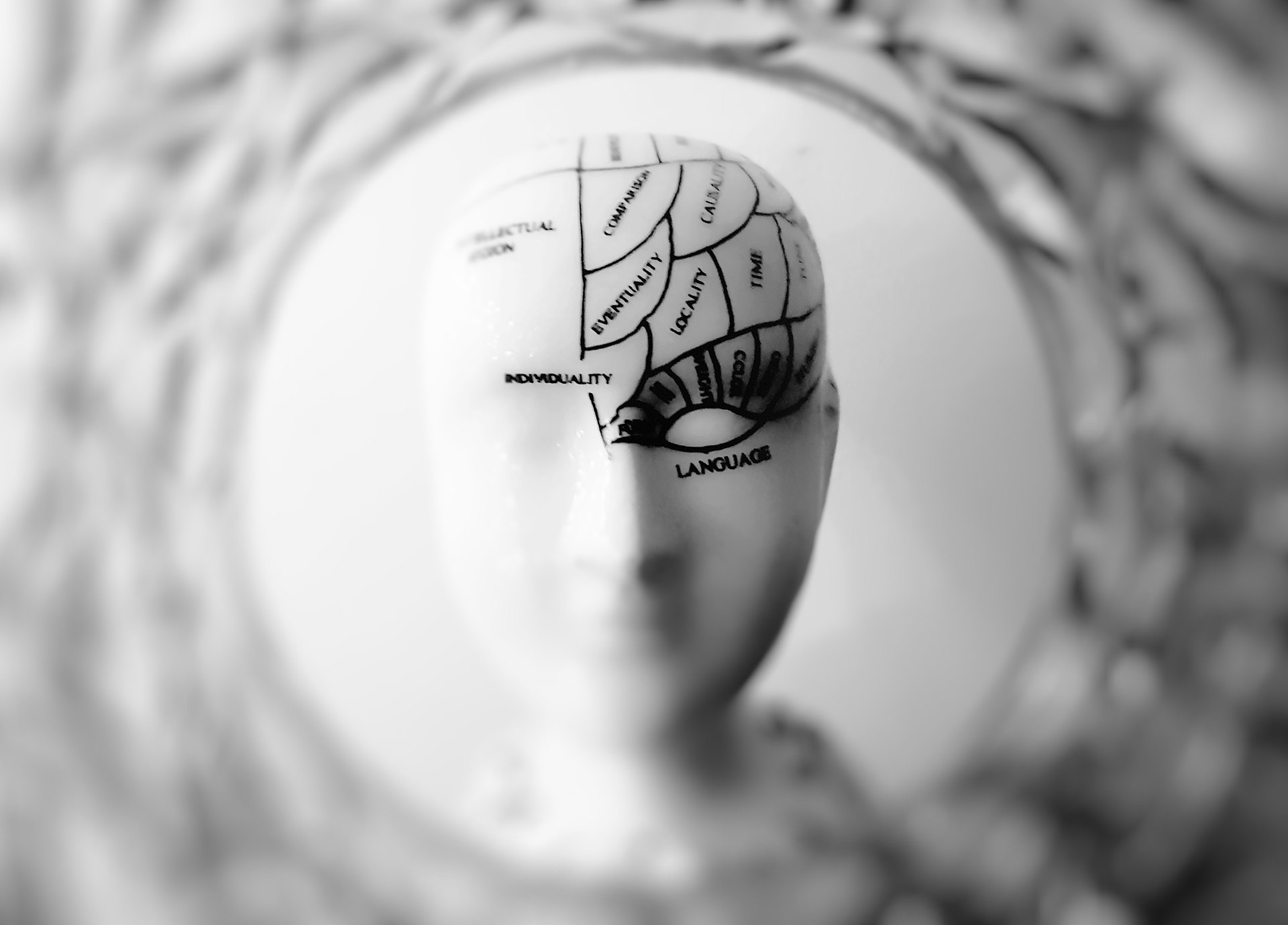10 Astonishing Facts About the Human Brain

September 2, 2024
The human brain is one of the most complex and fascinating organs in the body. It controls everything we do, from our thoughts and emotions to our movements and memories. Despite centuries of study, the brain continues to surprise scientists with its incredible capabilities and mysteries. Here are 10 amazing facts about the human brain that highlight just how extraordinary it truly is.
1. The Brain’s Storage Capacity Is Virtually Unlimited
The human brain contains about 86 billion neurons, each connected to thousands of other neurons, forming a vast and intricate network. These connections, known as synapses, allow for the storage and retrieval of vast amounts of information. While it’s difficult to quantify exactly, the brain’s memory capacity is estimated to be around 2.5 petabytes, which is equivalent to about 2.5 million gigabytes. To put that into perspective, if your brain were a digital video recorder, it could hold approximately 3 million hours of TV shows—enough to keep you occupied for over 300 years without a break!
2. The Brain Operates on 20 Watts of Power
Despite its incredible capabilities, the brain is remarkably energy-efficient. It operates on just 20 watts of power—about the same as a dim light bulb. This efficiency is due to the brain’s ability to prioritize tasks, focusing energy on what’s most important at any given moment. Even when you’re resting, your brain remains active, consuming about 20% of your body’s total energy to keep all your essential functions running smoothly.
3. The Brain Changes Throughout Your Life
Contrary to the long-held belief that the brain stops developing after childhood, it is now known that the brain continues to change and adapt throughout life. This process, called neuroplasticity, allows the brain to reorganize itself by forming new neural connections in response to learning, experience, or injury. This ability to adapt is crucial for recovery from brain injuries and is also the reason why we can continue learning new skills, even in old age.
4. Your Brain Generates Enough Electricity to Power a Small Light Bulb
Each neuron in your brain communicates with others through tiny electrical impulses. When all of your neurons are active, the combined electrical activity generates about 20 watts of electricity—enough to power a small light bulb. This electrical activity is what allows us to think, move, and experience the world around us.
5. Your Brain Is More Active at Night Than During the Day
While you might think your brain would be more active during the day when you’re awake and alert, the opposite is true. Studies have shown that the brain is more active at night, particularly during sleep. During this time, the brain is busy processing information, consolidating memories, and repairing itself. This nocturnal activity is essential for maintaining cognitive function and emotional well-being.
6. The Brain Can Process Information as Fast as 268 Miles Per Hour
Neurons in the brain communicate through a combination of electrical and chemical signals. The speed at which these signals are transmitted can reach up to 268 miles per hour. This rapid communication is what enables us to react to stimuli almost instantly, whether it’s pulling your hand away from a hot stove or catching a ball thrown at you.
7. The Brain Has No Pain Receptors
The brain itself doesn’t feel pain, even though it processes pain signals from the rest of the body. This is because the brain lacks pain receptors, known as nociceptors. This is why brain surgeries can be performed on patients while they are awake, without them feeling any pain. However, the tissues surrounding the brain, such as the meninges and scalp, do have pain receptors, which is why headaches and migraines can be so painful.
8. Your Brain Is Capable of “Synesthesia”
Synesthesia is a fascinating neurological phenomenon where stimulation of one sensory pathway leads to automatic, involuntary experiences in another sensory pathway. For example, a person with synesthesia might hear colors, see sounds, or taste shapes. While not everyone experiences synesthesia, studies suggest that the brain has the potential for this cross-wiring, particularly during early development.
9. The Brain Is the Fattest Organ in the Body
Surprisingly, the brain is the fattest organ in the human body, consisting of about 60% fat. This fat is crucial for insulating nerve fibers and facilitating the rapid transmission of electrical signals. The type of fat in the brain is primarily omega-3 fatty acids, which are essential for maintaining cognitive function and overall brain health.
10. Most of Your Brain Cells Aren’t Neurons
While neurons get most of the attention, they actually make up only about 10% of the brain’s cells. The other 90% consists of glial cells, which play a crucial role in supporting neurons, maintaining the brain’s structure, and regulating the environment in which neurons function. These cells are vital for brain health and are involved in everything from supplying nutrients to neurons to clearing away debris.
Conclusion
The human brain is an extraordinary organ, capable of feats that continue to amaze scientists and researchers. From its vast memory capacity to its ability to adapt and change, the brain is a testament to the incredible complexity and resilience of the human body. As research continues to uncover more about how the brain works, we gain not only a deeper understanding of ourselves but also the potential to unlock new ways to improve health, cognition, and well-being.




